Why D&D Alignments are a Useful Writing Tool - Emily Owen
Why D&D Alignments are a Useful Writing Tool
The concept of alignment might be borrowed from D&D, but it can be applied to just about any work of fiction.
Moral alignment is an incredibly useful way to better understand your character’s worldview, as which way their moral compass is pointing will determine how they’ll act in a given situation.
Drawing on my cast of characters, I’ll give examples of the nine moral alignments. Admittedly, these are archetypes, meaning there’s some wiggle room between them, but I find they help ensure that my characters (my villains especially) behave in a way consistent with their motivations.
You can find out more about alignment and the nine archetypes here: https://www.gamersdecide.com/articles/dnd-alignments-explained.
Warning: Some spoilers
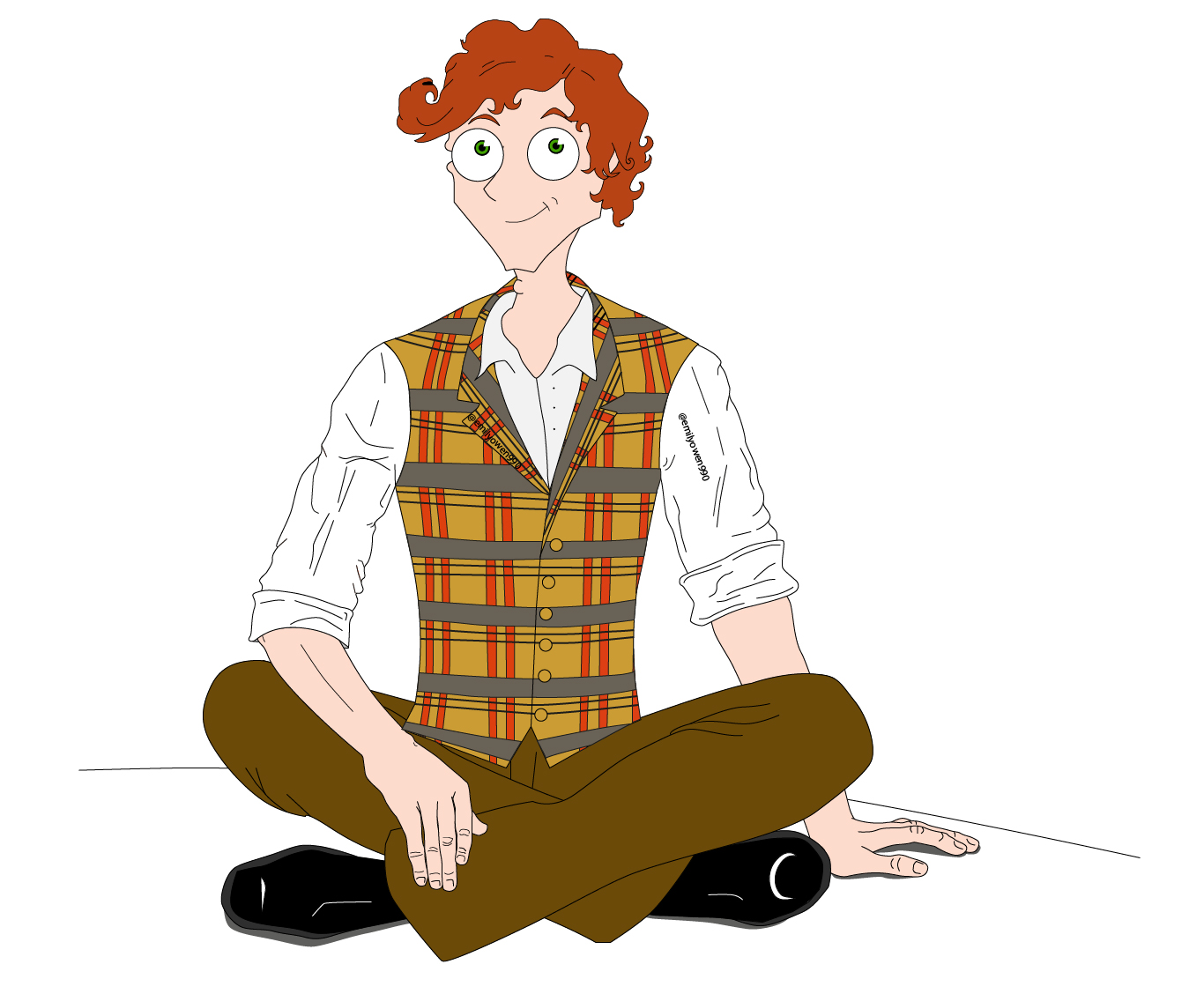
Lawful Good (The Crusader): Douglas Abernathy
Douglas adheres a strict moral code, even if this puts him at odds with a client or his brother. A true gentleman, he’s happy to be the knight in shining armour and protect innocents. He strives to do what’s right and is steadfastly loyal to his allies.
Although Douglas generally refuses to act in a way that goes against his sense of right and wrong, he’s not above a spot of thievery or trickery in order to aid his research or help an ally – if the victim is not so innocent themselves, that it.
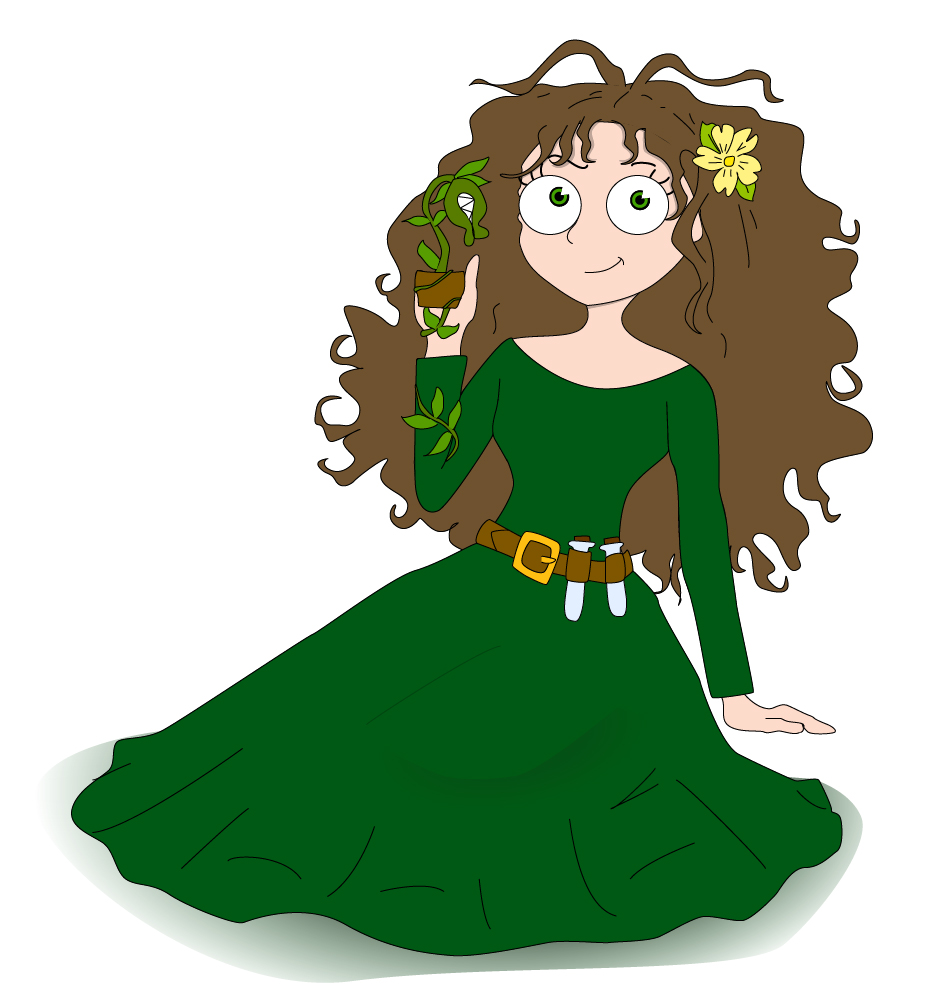
Neutral Good (The Benefactor): Molly Abernathy
While Molly would rather be gardening or experimenting with plants in her lab than fighting crime and injustice, she still wishes to do what’s right and cannot turn a blind eye when she sees someone in need.
Molly prefers to do her own thing and help people on her own terms, although she keeps a steady head in a crisis, and isn’t wild or unpredictable. She’s not above breaking a few small rules to do what’s right, but never in a way that would harm innocents.
Although Molly usually charges for her potions and healing expertise, she’ll offer them to someone in desperate need for free without a second thought.
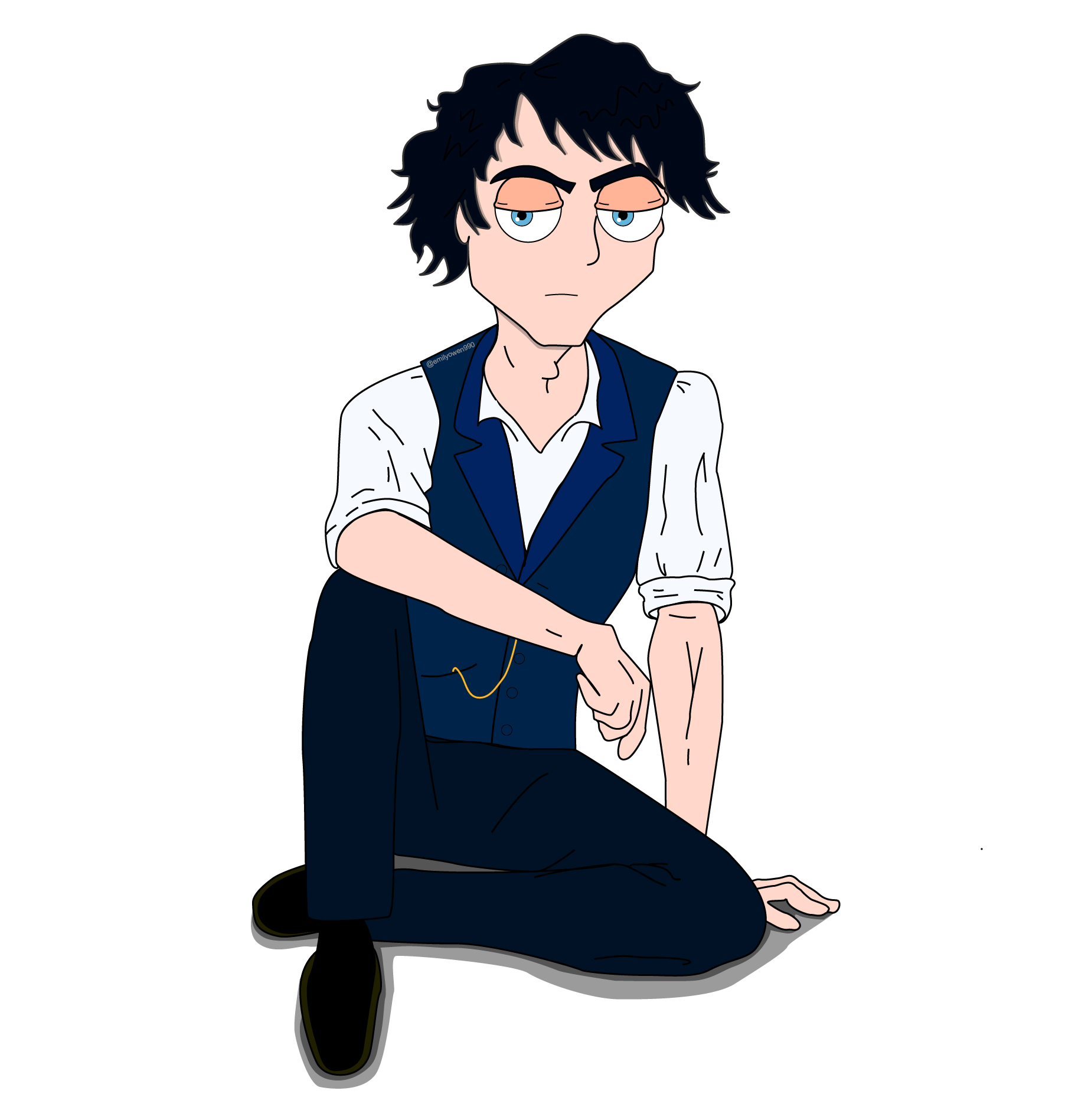
Chaotic Good (The Rebel): George Abernathy
While on the surface George might seen like a True Neutral, beneath his cold, surly exterior is a strong moral conscious.
George is something of a rebel and a loner, with an aversion to authority and a disregard for ‘propriety’. Yet when his loved ones or innocent bystanders are threatened, he’ll do almost anything to save them – no matter what the consequences.
While usually calm and logical, he can fly into a violent rage if someone he cares about comes under attack. He’ll break the law to achieve a higher purpose or beat villains to a pulp without a second thought.
He has also been known to bribe or steal from simple-minded individuals to achieve his goals…
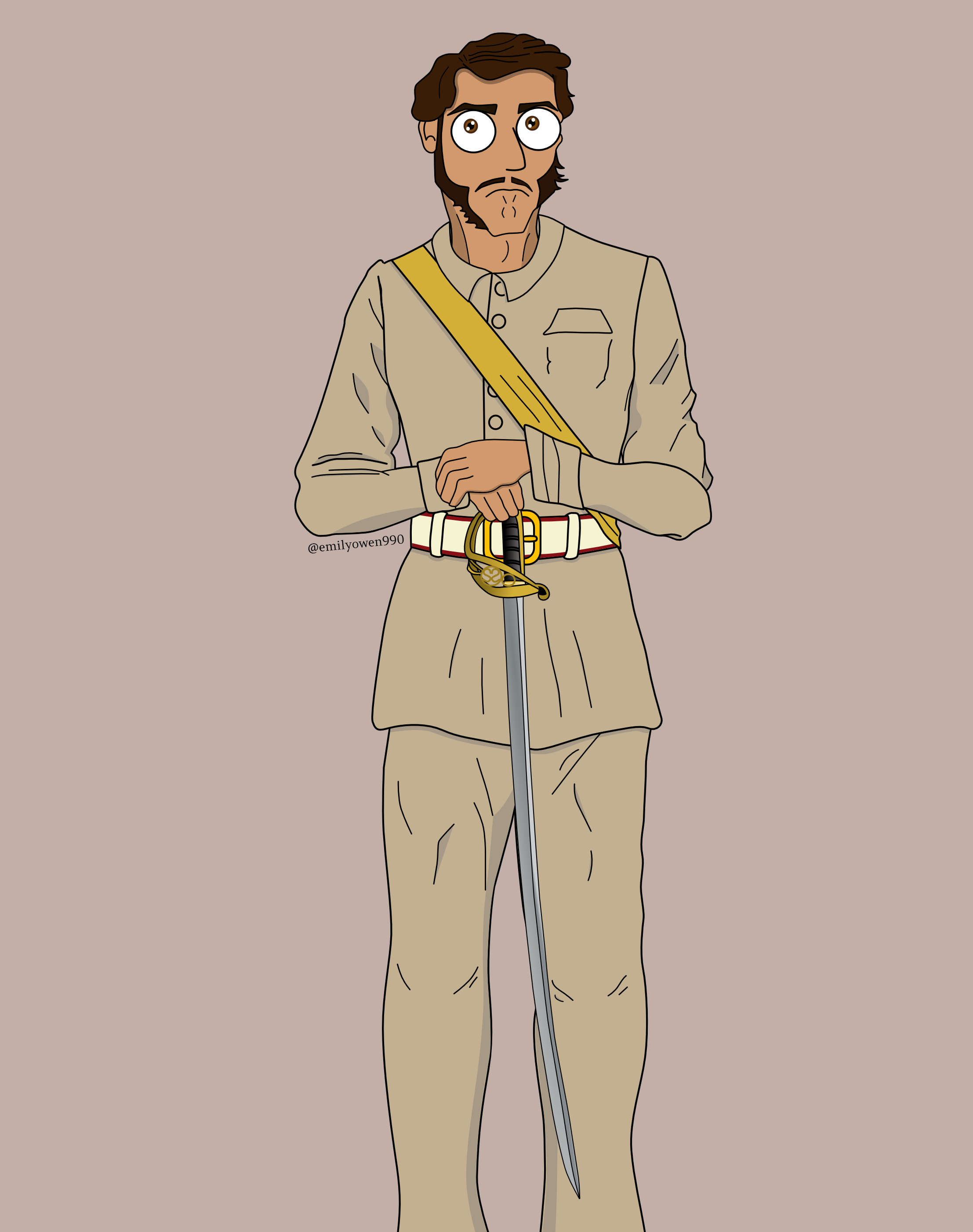
Lawful Neutral (The Judge): Major-General Fowler
General Fowler is an officer through and through. He is honest and honourable to the point where he’ll readily confess about his own misdoings, even at the cost of his military career.
Fowler believes in law, order and discipline, and tries not to let his own feelings or beliefs get in the way of his duty. He’ll also make sure that his loyal subordinates or friends are answerable for their own misdeeds.
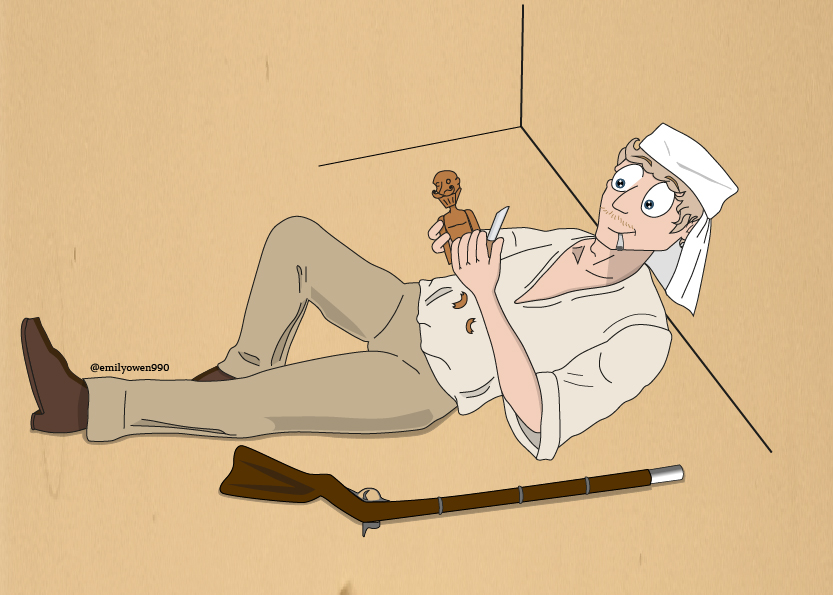
True Neutral (The Undecided): Private Simon ‘Petey’ Peterson
Despite being a soldier in the East India Company’s private army, Petey isn’t strongly aligned to one side or the other. He joined the army seeking fortune and adventure, before quickly discovering army life was very different to what he imagined.
Although not unlawful or reckless, he’s a laid-back chap with no particular driving motivation. He’d rather have an easy life, spending his time smoking and drinking at the public house, than participating in siege warfare.
Petey sticks by his friends, however, and is willing to be guided by them in determining on a course of action – even if this lands him in a dangerous situation.
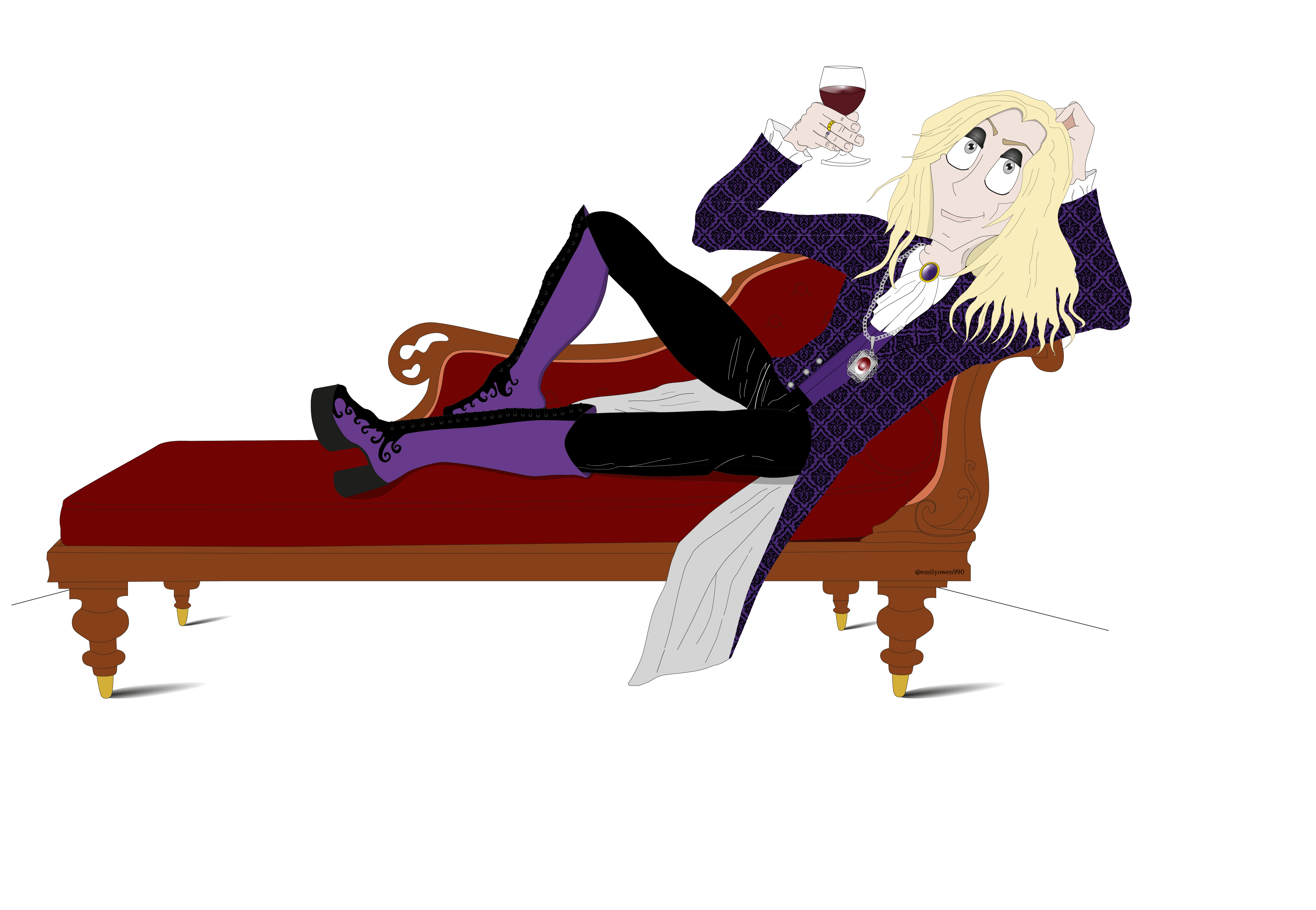
Chaotic Neutral (The Free Spirit): Lord Leyton
Lord Leyton follows his whims, feelings and desires with little regard for how his behaviour affects others.
He seeks pleasure and to surround himself with beauty. A personal tragedy rendered him somewhat selfish and self-absorbed, as he drifts between England and the Continent in search of diversion.
Lord Leyton lives for the moment and doesn’t think about the consequences of his hedonistic behaviour, which can sometimes lead to people around him getting hurt. However, he has a kind and generous nature at heart, and doesn’t truly mean to do harm to anyone. He has no allegiance to any social or political group, bur values loyalty amongst his friends.
Lawful Evil (The Dominator)
According to Black Citadel, Lawful Evil characters "believe that whether something is right or wrong isn’t up to the individual to decide (or even isn’t relevant at all) but rather that if something is the law, it should be done, and that breaking laws should be punished. "
Such characters stand for laws, codes and rituals above all else.
While I do have a prime example of this archetype among my characters, they're to make their debut in book 3, so watch this space! You'll get to meet them soon. ;)
Neutral Evil (The Malefactor): Major-General Quincy
Quincy has no moral code and will commit whatever crimes he can get away with, as long as it increases his wealth or social standing.
He’s quick to weasel out of a situation when things start not to go his way, and will betray his oldest friends to save his own skin. He’ll form alliances that’ll benefit him in some way, but will break them just as easily if a better offer presents itself.
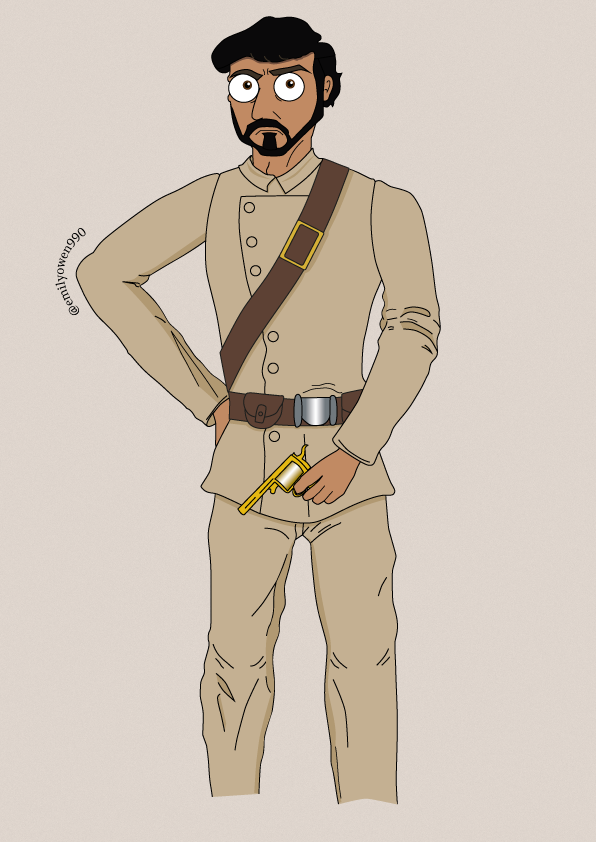
Chaotic Evil (The Destroyer): Henry Powell
Henry Powell embodies many traits of this moral alignment: he has a total disregard for any authority other than his own (including that of his superiors), doesn’t work well with others, will do anything to protect his own freedom and rights, and has no qualms about killing.
Powell can be cold-blooded and ruthless, and only thinks about achieving his own goals. He desires to have power over others, wanting to lash out at a world he feels has wronged him. His inability to progress through the ranks of the army, as a sepoy, only fuels his frustration.
Basically, he revels in causing mayhem and misery purely for the sake of it.